
I am not a fan of New Year’s resolutions. I cannot think of a single time that my life changed significantly because of me following through on a resolution, and in fact, it seems that most of my attempts at resolutions have sent me backward on my goals.
What has worked for me is to decide on a small goal, meet it, then commit to another small goal and meet that. When I have followed the path of tiny goals, I have been much more successful than I ever was with resolutions.
Now, I understand that setting a small goal might feel like the same thing as making a resolution, but I would argue otherwise. When I set a resolution, it’s usually because some part of my personality, habits, or behaviors is driving me crazy and I want to overcome that by changing several patterns at once. Overnight, I’m supposed to eat better, exercise more, wake up earlier, and be more productive. But the reality is that I never do that because it’s too much all at once. I can’t focus on battling my middle-aged body and try to figure out how to get to the gym six days a week (in the snow no less) with kids, the house, the job, and so many life complications.
What works for me is to attempt a teeny-tiny goal, meet it, and then set another one. One example of when this worked well was the Inktober activity. In October of this year, I joined Inktober, where writers and artists create a single piece each day based on a one-word prompt. For the first week, I wrote a haiku poem (a haiku is a poem with three lines with syllables of 5-7-5). This activity only took me three to five minutes a day. The goal was tiny and I felt successful quickly. Success! Now check your email to confirm your subscription.
After writing a haiku poem for the first week, my confidence was up. So, I wrote a 50-word short story for the next two weeks. Each day, I would sit down and write a short story, which was usually closer to 100 words. I’d cut it down to 50 words, post it on Instagram, and move on with my day.
For the last week in October, I created a series story. Each day, I used the daily prompt and continued the story that I wrote the day before. The process was interesting, because I couldn’t go with a totally new idea because I needed to string several prompts together.
Inktober forced me to write every day for a month. Although I would love to say that I write every day all the time, I don’t. I write a few times a week and usually set aside one morning to write for a couple of hours straight. The problem isn’t that I lack the discipline to write every day; I lack the opportunity. Between work, kids, family, pets, and taking care of myself, I can’t make daily writing work. Yet, incredibly, I wrote every day in October for the Inktober project.
When I set a tiny goal (write a haiku poem, write a 50-word story), I was able to do what usually feels impossible. I was able to write for 31 days in a row. The outcome was exhilarating and I kept writing every day through November. In fact, the momentum generated in October got me through the rough draft of my next book, which I expected would take another two months to accomplish.
So, if you’re like me, skip the resolutions. If they don’t help you, then don’t bother with them. Instead, consider taking on a small goal, meeting it, and then another small goal.
Would you like some help doing this? This January, I plan to write a small piece each day. The prompts I’m following are listed below. If this sounds like fun, you’re certainly welcome to join me.
January Daily Writing Prompts
Each day, write a haiku poem, a free verse poem, a 50-word story, a 100-word story, or one paragraph (description of character, setting, plot, or scene) based on the prompt. Feel free to interpret the prompts in any way you choose.
|
About the SiteWelcome, Writers! Archives
September 2023
|
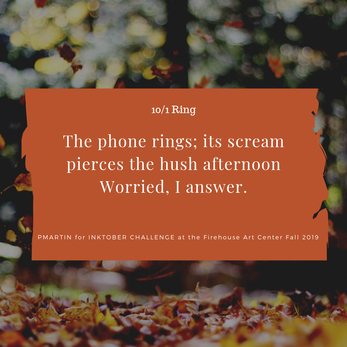
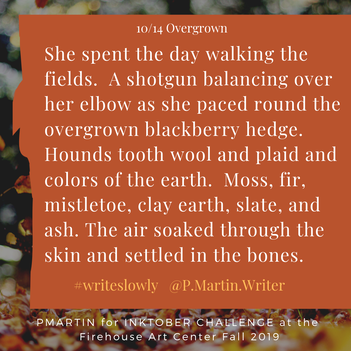
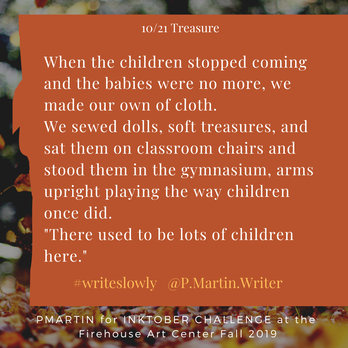
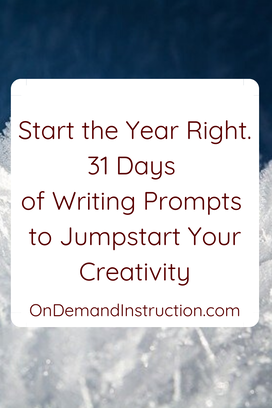
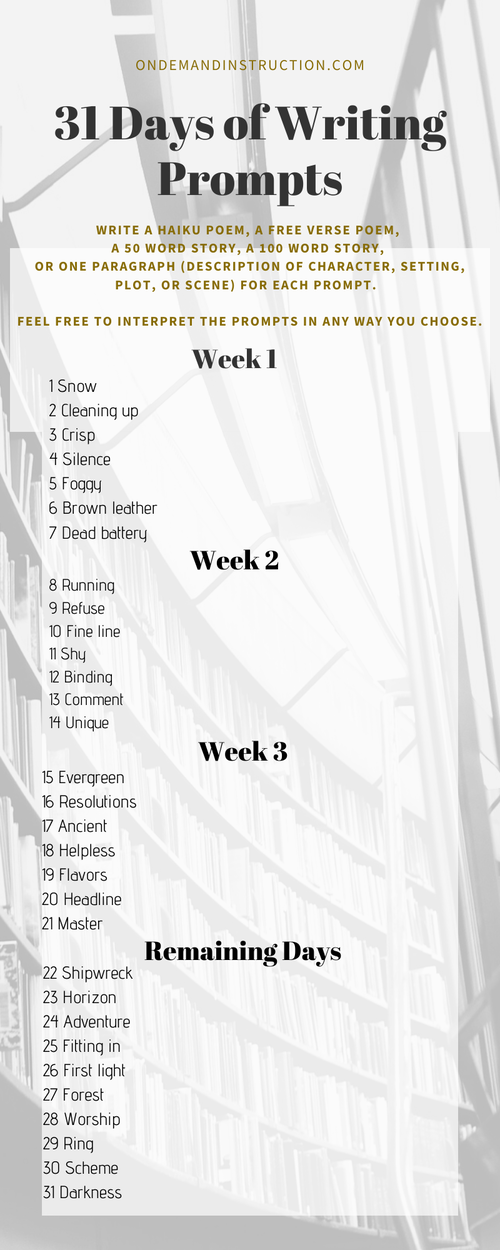









 RSS Feed
RSS Feed